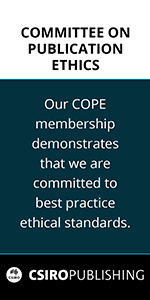What is already known: Evidence suggests that e-cigarettes can increase smoking quit rates. However vaping rates are exceeding smoking in adolescents with active marketing of e-cigarettes to young people leading to some who have never smoked cigarettes taking up vaping. What this study adds: Vaping is more frequent than smoking in young adolescents (aged 14 years and under), with increased rates among girls and Māori, with few indicating that vaping was taken up to help quit smoking. Many young adolescents respond positively when asked if they want help with their vaping. Tight controls of vaping products are needed to prevent e-cigarette marketing from attracting non-smoking adolescents, while ensuring access for those who wish to use vaping to help quit smoking.
HC24128 Abstract | HC24128 Full Text | HC24128PDF (726 KB) | HC24128Supplementary Material (420 KB) Open Access Article





